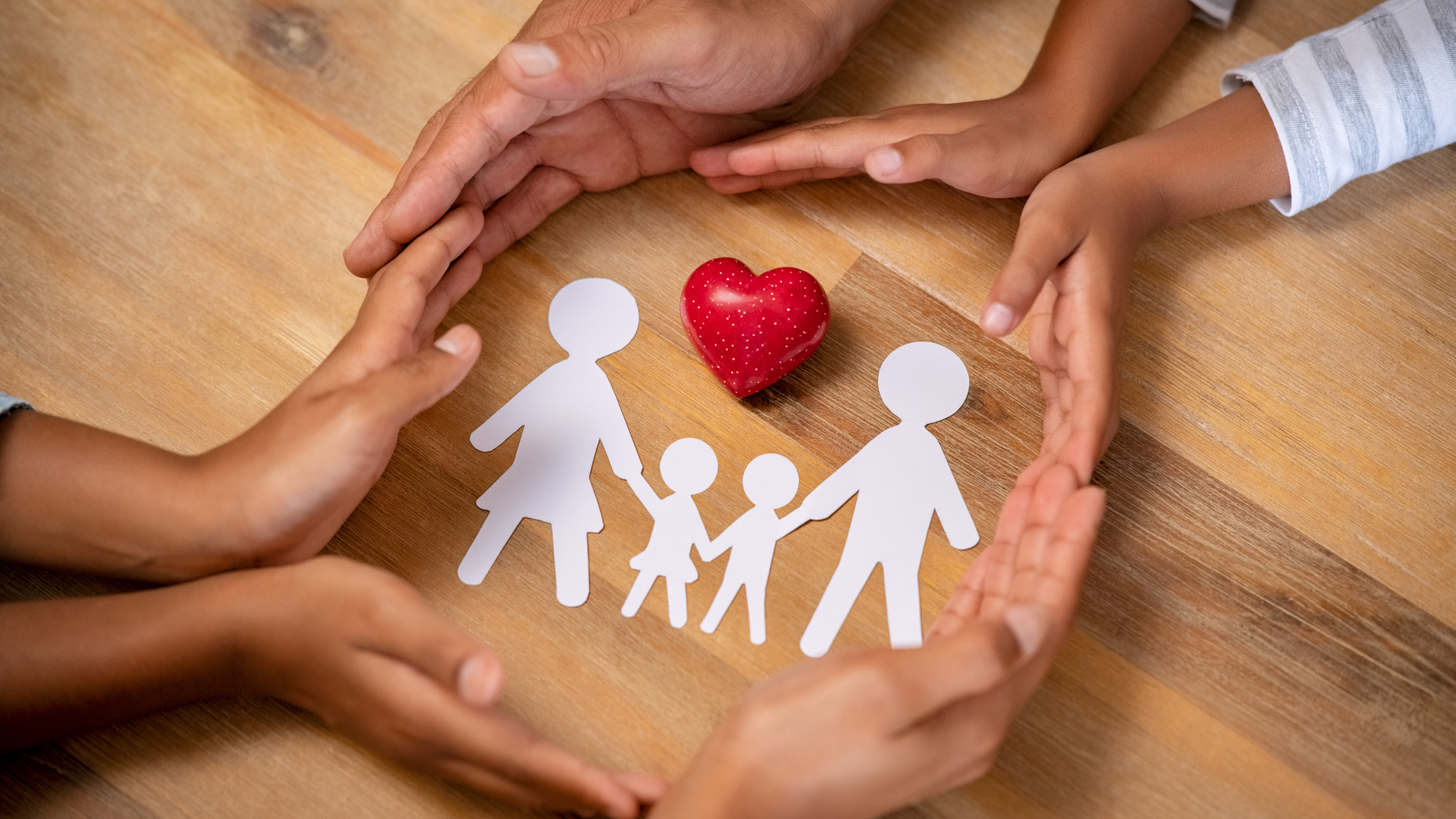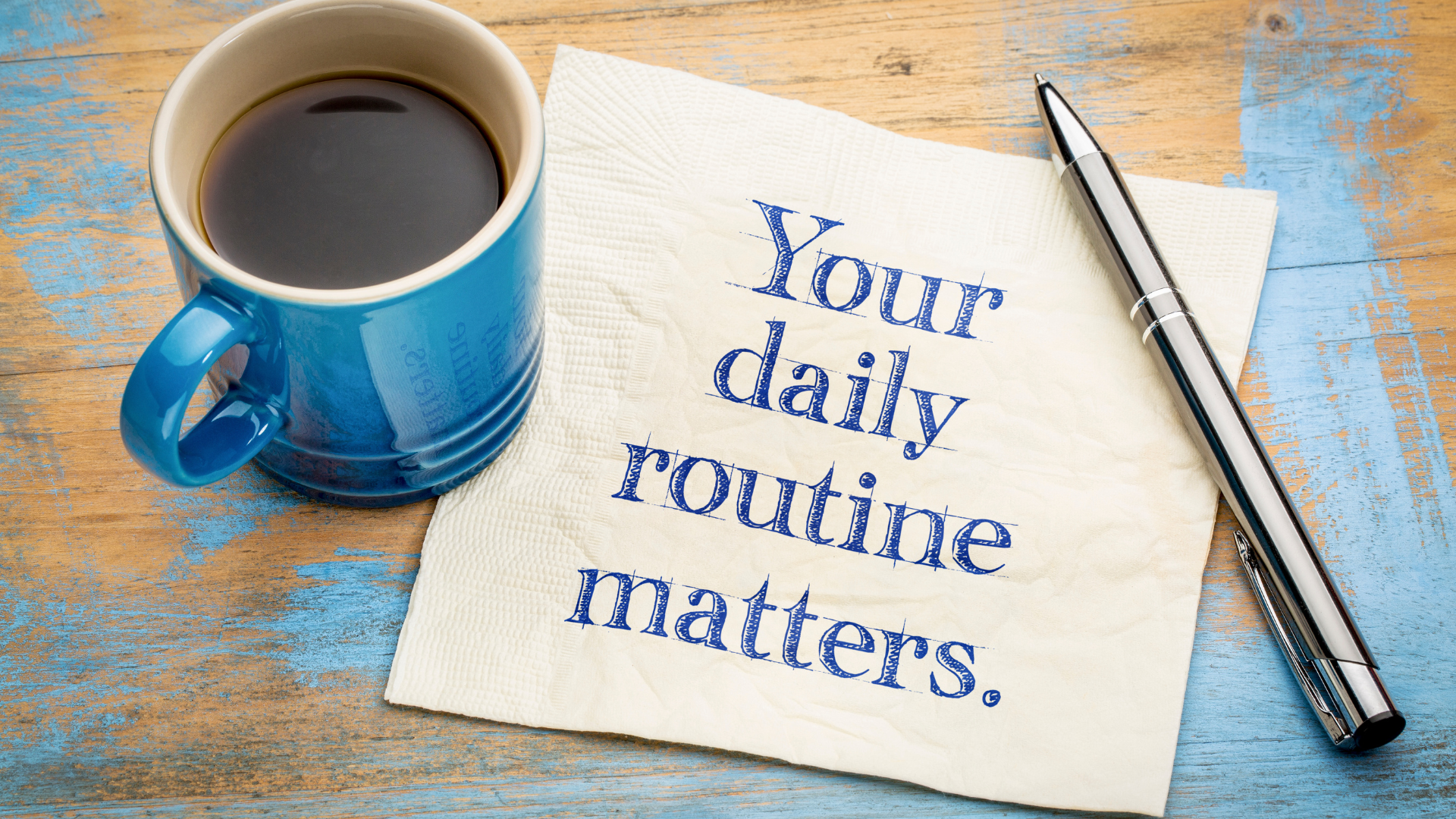Healthy Eating for HHAs: Fueling the Caregivers Who Fuel Others
Home Health Aides (HHAs) play a vital role in caring for others, often putting their patients’ needs before their own. Long shifts, demanding schedules, and the physical nature of the job make it essential for HHAs to prioritize their own health—starting with proper nutrition.
Eating well isn’t just about staying full; it’s about maintaining energy, boosting immunity, and improving overall well-being so HHAs can provide the best possible care. In today’s blog, we’ll explore how nutrition impacts an HHA’s performance, the best foods for sustained energy, and easy meal-planning tips for busy caregivers.
Why Nutrition Matters for HHAs
The work of an HHA requires stamina, strength, and mental focus. A well-balanced diet can:
- Improve Energy Levels – Proper nutrition helps prevent fatigue, making long shifts more manageable.
- Enhance Mental Sharpness – The right foods improve concentration and decision-making.
- Support Physical Health – HHAs often assist with lifting and mobility, making strength and endurance essential.
- Boost Immunity – A strong immune system helps HHAs stay healthy while working closely with patients.
Best Foods for HHAs to Stay Strong and Energized
To keep up with the demands of caregiving, HHAs should focus on nutrient-rich foods that provide long-lasting energy and essential nutrients. Here are some top food choices:
- Lean Proteins: Chicken, fish, eggs, tofu, beans, and lentils to support muscle strength and satiety.
- Whole Grains: Brown rice, whole-wheat bread, quinoa, and oats for sustained energy release.
- Healthy Fats: Nuts, seeds, avocados, and olive oil to support brain function and reduce inflammation.
- Fruits and Vegetables: Essential for vitamins, minerals, and antioxidants that boost immunity.
- Hydrating Fluids: Water, herbal teas, and natural electrolyte drinks to prevent dehydration and fatigue.
Meal Prep Tips for HHAs on the Go
Balancing work with healthy eating can be challenging, but a little preparation goes a long way. Here are some easy meal-planning strategies:
- Prepare Meals in Advance – Batch cooking meals like salads, grain bowls, or stir-fries makes healthy eating convenient.
- Pack Nutritious Snacks – Keep almonds, trail mix, yogurt, or fruit in your bag for quick, healthy bites during breaks.
- Stay Hydrated – Carry a reusable water bottle and drink regularly throughout the day.
- Choose Balanced Meals – Aim for a mix of protein, fiber, and healthy fats in every meal to maintain energy levels.
- Limit Processed Foods – Avoid excessive sugar and refined carbs that can lead to energy crashes.
Caring for Others Starts with Caring for Yourself
As an HHA, you dedicate your time and energy to helping others live healthier lives. But to be the best caregiver, you must take care of yourself first. Eating well is a simple but powerful way to ensure you have the strength, focus, and resilience needed to provide top-quality care.
For more tips, job opportunities, and industry updates, stay connected with Aide Guide—your go-to resource for HHAs in New York!





